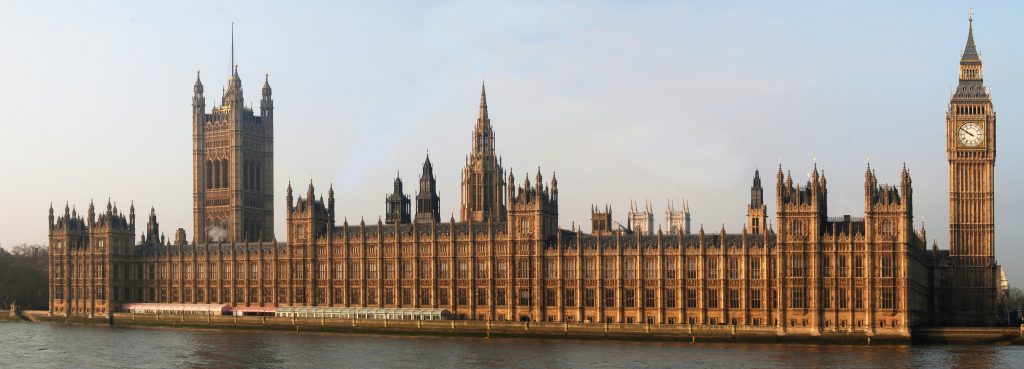Marilyn Croser, CORE Director
Later this week the House of Lords will debate the Criminal Finances Bill.
This is a government bill to amend the Proceeds of Crime Act 2002.
The bill will create a new corporate offence of ‘failure to prevent tax evasion’, meaning companies could be prosecuted for not having procedures in place to stop tax dodging.
CORE and our partner organisations want this to be extended to other crimes such as fraud and money laundering. We’re calling on Peers to support amendments to the bill to create a new corporate offence of ‘failure to prevent economic crime.’
Fraud costs our economy billions of pounds every year. The Annual Fraud Indicator estimated that in 2016, fraud cost the UK economy £193 billion. The cost to the public sector was £37.5 billion. By way of comparison, NHS planned expenditure for 2016/17 is £120.611bn.
Introducing a ‘failure to prevent’ offence for economic crime is clearly urgent, but we want to see the government go further and reform the whole corporate liability regime.
Current corporate liability laws are based on the ‘directing mind’ test, also known as the ‘identification doctrine.’ This requires prosecutors to prove that senior board level executives intended misconduct to occur.
This is a fairly straightforward test to meet in cases concerning small companies where directors are involved in the day-to-day running of the business.
But with large multinationals, it’s much more complex. The Law Commission has said that the current system makes the prosecution of large companies “impossibly difficult”.
The limitations of the corporate liability regime lie behind the lack of corporate prosecutions relating to the LIBOR and phone-hacking scandals. In the latter, the Crown Prosecution Service publicly acknowledged that corporate liability laws were the barrier to mounting a successful prosecution against News Group Newspapers.
We want the law to be changed to get rid of the directing mind test so that large companies can be held criminally accountable in the same way as smaller firms. Until large companies can be held to account easily for committing offences as well as omitting to prevent them, the UK’s corporate liability regime will remain fundamentally flawed.


